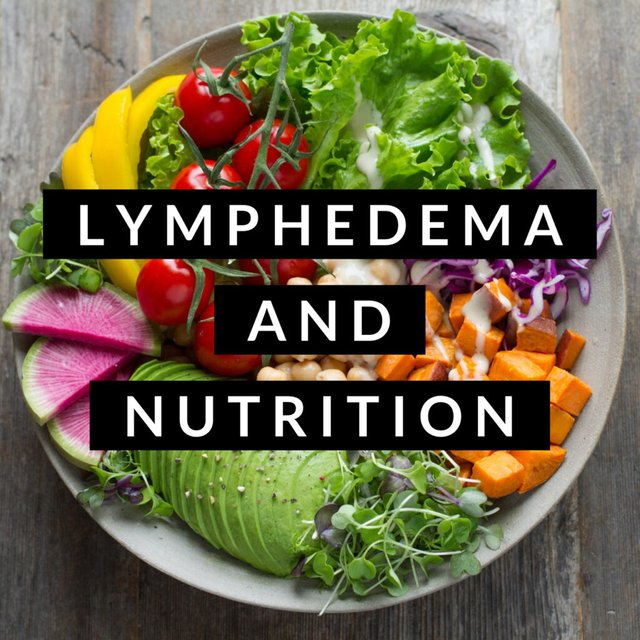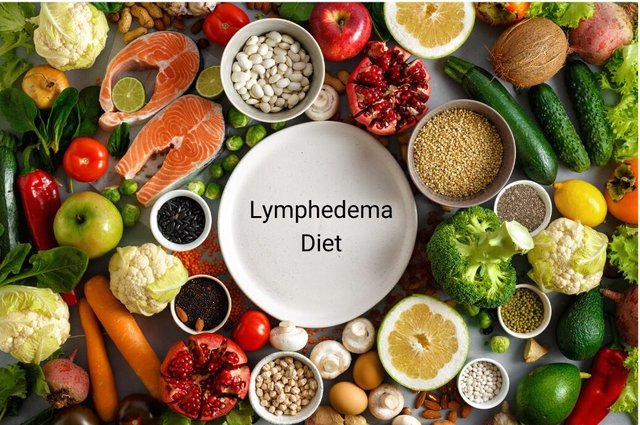Lymph Food Tips
Introduction:

The lymphatic system plays a crucial role in maintaining a healthy immune system and removing waste and toxins from the body. Proper nutrition is vital for supporting this intricate network of vessels and lymph nodes. In this article, we will explore ten essential points on how to nourish the lymphatic system with a well-balanced and nutrient-rich diet.
Hydration is Key:
Staying adequately hydrated is vital for the lymphatic system's optimal function. Water helps flush out toxins and waste products from the body while maintaining lymphatic fluid volume. Aim to drink at least eight glasses of water per day and incorporate hydrating foods like cucumbers, watermelon, and citrus fruits.
Embrace Antioxidant-Rich Foods:
Antioxidants combat free radicals, which can damage the lymphatic system and compromise immune function. Incorporate colorful fruits and vegetables such as berries, spinach, kale, and broccoli, as they are packed with vitamins, minerals, and antioxidants.
Omega-3 Fatty Acids:
Healthy fats, particularly omega-3 fatty acids, are beneficial for the lymphatic system. Sources of these essential fats include flaxseeds, chia seeds, walnuts, and fatty fish like salmon. Omega-3s help reduce inflammation, promoting a healthier lymphatic environment.
Include Probiotics:
Probiotics are essential for a well-balanced gut microbiome, which directly impacts the lymphatic system's health. Fermented foods like yogurt, sauerkraut, kimchi, and kefir contain beneficial bacteria that support a robust immune system and overall lymphatic function.
Reduce Sodium Intake:
High sodium intake can lead to water retention and swelling, putting unnecessary strain on the lymphatic system. Opt for low-sodium alternatives and avoid processed and packaged foods, which often contain excessive amounts of salt.
Limit Added Sugars:
Excessive sugar consumption can lead to inflammation and compromise the immune system. Minimize the intake of sugary beverages, sweets, and processed foods, and opt for natural sweeteners like honey or maple syrup in moderation.
Incorporate Herbal Teas:
Certain herbal teas have been traditionally used to support lymphatic health. Cleavers, red clover, and dandelion root teas are known for their detoxifying properties and may help improve lymphatic circulation.
Consume Lean Proteins:
Proteins are essential for tissue repair and immune function. Opt for lean sources of protein like poultry, fish, tofu, beans, and lentils. These foods provide essential amino acids without the added unhealthy fats found in some high-fat meat products.

Vitamin C-Rich Foods:
Vitamin C is a potent antioxidant that boosts the immune system and aids in collagen production, which is essential for lymphatic vessel health. Citrus fruits, bell peppers, kiwi, and strawberries are excellent sources of vitamin C.
Practice Mindful Eating:
Slow down and enjoy your meals mindfully. Chewing your food thoroughly aids digestion and nutrient absorption, which benefits the lymphatic system. Additionally, mindful eating helps reduce overeating and supports healthy weight management, reducing unnecessary pressure on the lymphatic system.
Conclusion:
A well-nourished lymphatic system is essential for a robust immune system and overall well-being. By incorporating these ten points into your daily dietary habits, you can support your lymphatic system's health, enhance its functionality, and promote a healthier, more resilient body. Remember, consistency and balance are key to achieving long-term benefits for your lymphatic system and overall health. Always consult with a healthcare professional or registered dietitian before making significant changes to your diet.